Emergency use of Cruiser SB, a neonicotinoid pesticide highly toxic to bees, to be outlawed in UK in line with EU.
Bee-killing pesticides have been banned for emergency use in the UK for the first time in five years after the government rejected an application from the National Farmers’ Union and British Sugar.
The neonicotinoid pesticide Cruiser SB, which is used on sugar beet, is highly toxic to bees and has the potential to kill off populations of the insect. It is banned in the EU but the UK has provisionally agreed to its emergency use every year since leaving the bloc. It combats a plant disease known as virus yellows by killing the aphid that spreads it.
Prof Dave Goulson, a bee expert at the University of Sussex, has warned that one teaspoon of the chemical is enough to kill 1.25bn honeybees. Even at non-fatal doses it can cause cognitive problems that make it hard for bees to forage for nectar and the chemicals can stay in the soil for years.
The previous Conservative government repeatedly agreed to its use against the advice of the Health and Safety Executive (HSE) and the Expert Committee on Pesticides.
This year, ministers say they are refusing the application based on “robust assessments of environmental, health and economic risks and benefits, and advice from Defra’s chief scientific adviser, its economists, the Health and Safety Executive and the UK Expert Committee on Pesticides”.
"This announcement is as sweet as honey. It’s a win for bees, butterflies and all pollinators. Doug Parr", Greenpeace UK’s policy director.
The former environment secretary Michael Gove promised in 2017 that ministers would use Brexit to stop the use of the pesticide. Instead, the EU banned all emergency authorisations of neonicotinoid pesticides while the UK government has allowed its use, one of many ways the UK has diverged from EU environmental policy since Brexit.
The environment minister, Emma Hardy, said: “Britain is currently one of the most nature-depleted countries in the world. This government is committed to protecting bees from toxic neonicotinoid pesticides, while working with our farmers to find new ways to protect crops and support a profitable farming sector.
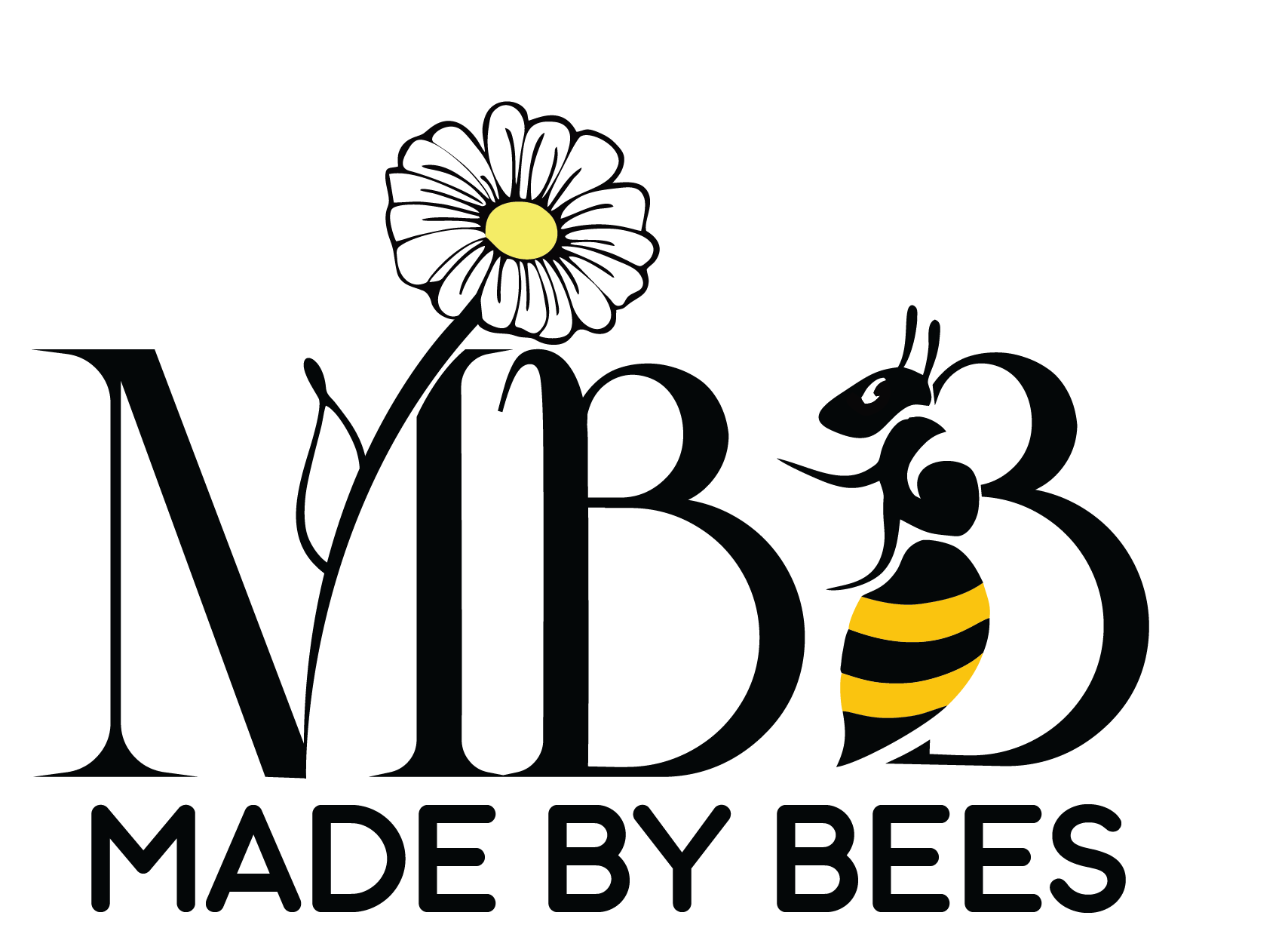
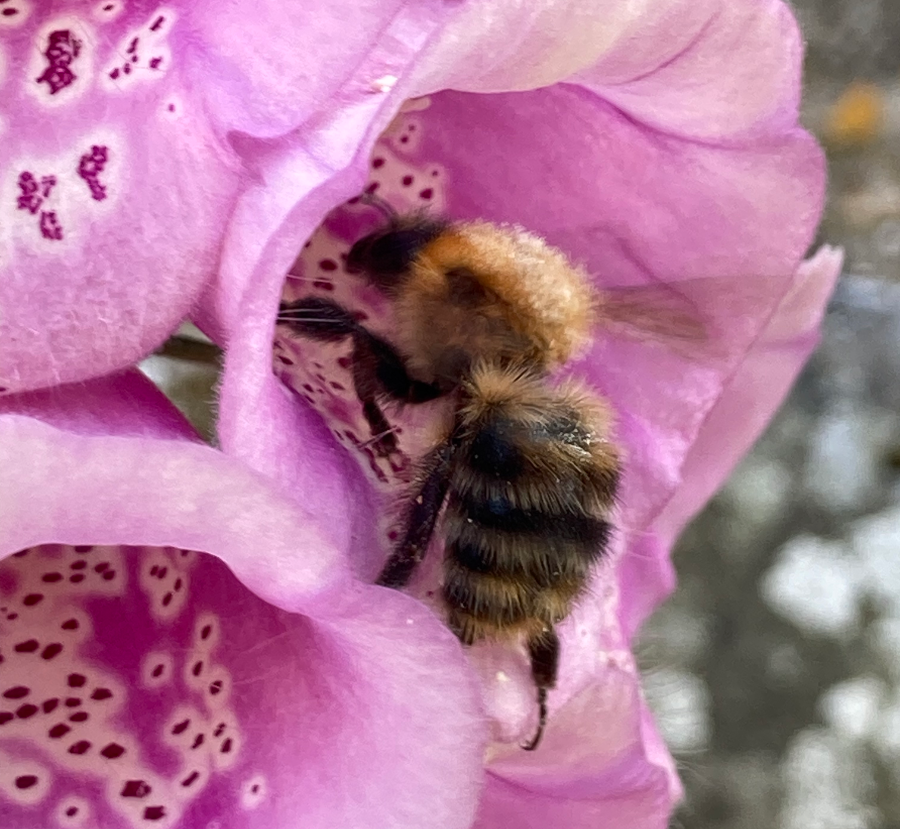
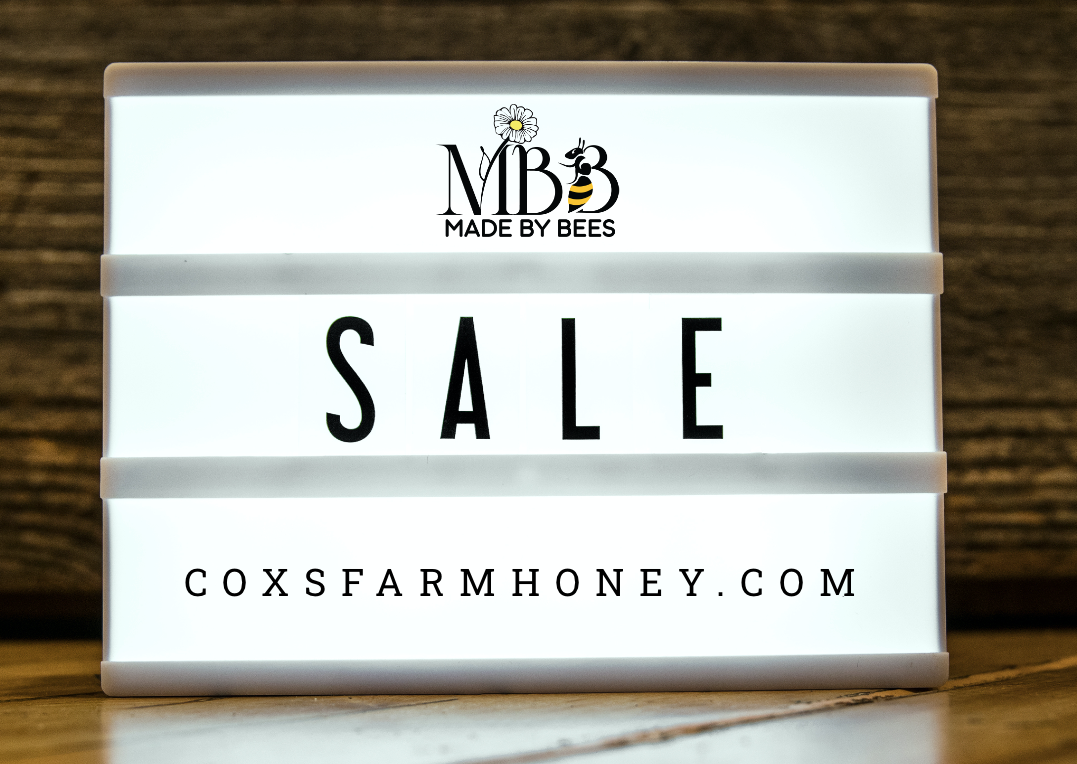
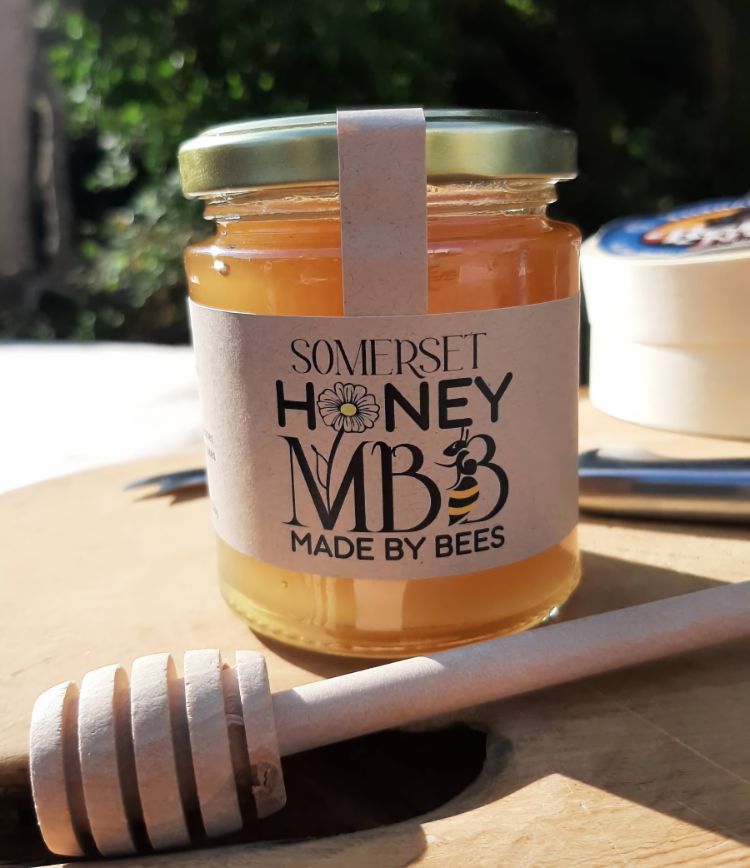
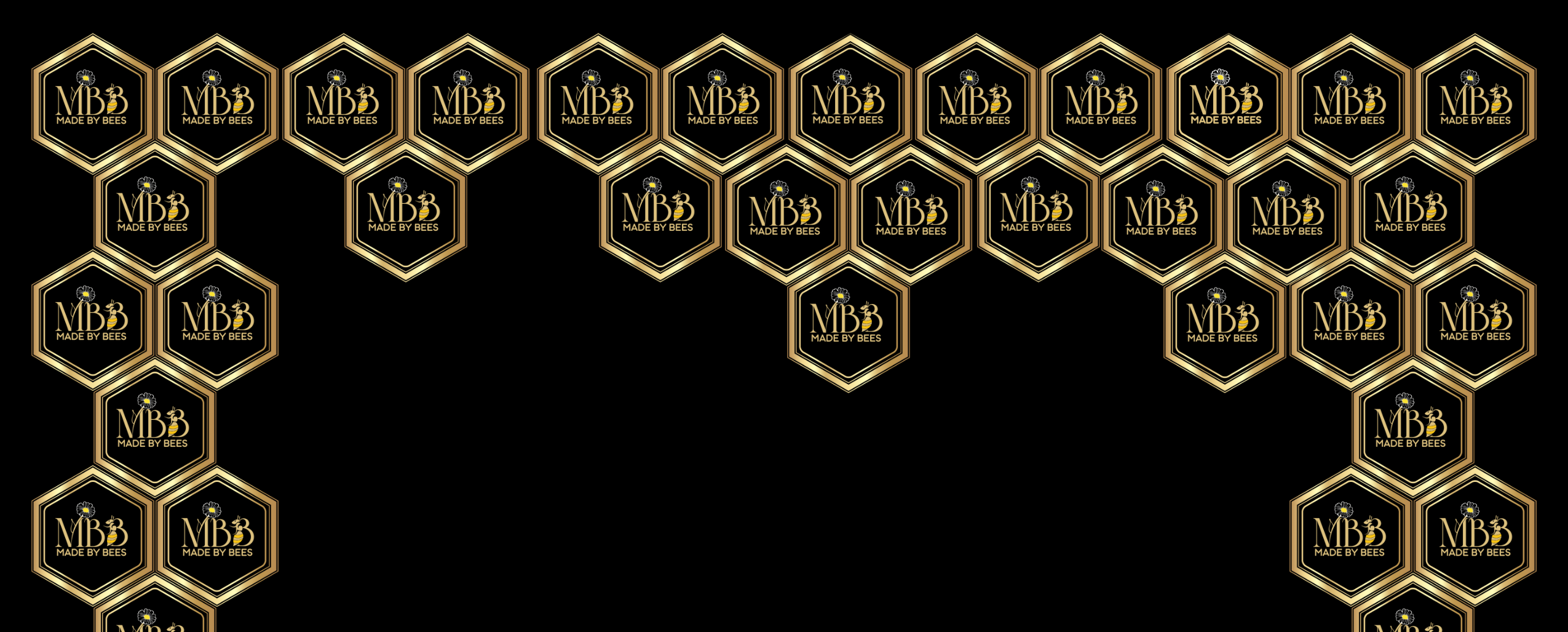
Share:
Glyphosate
Vets urged to cut back on flea treatments